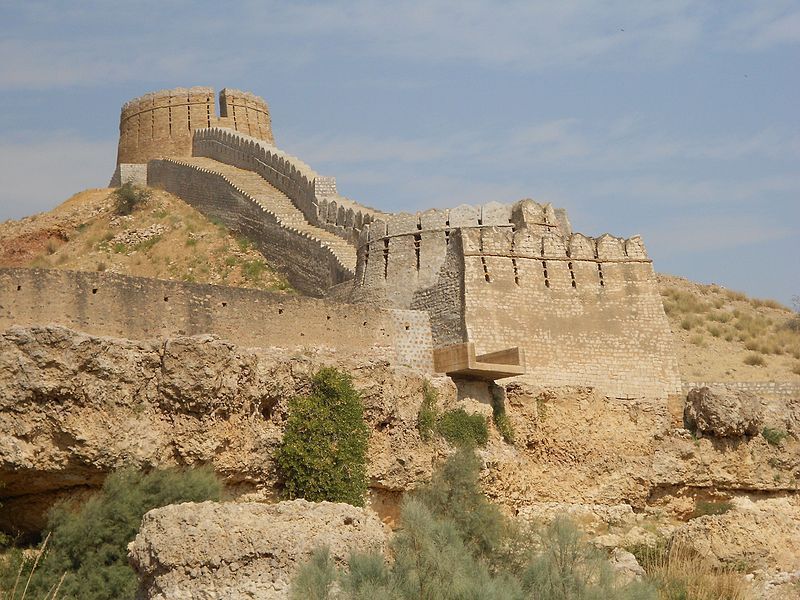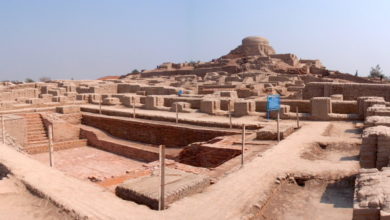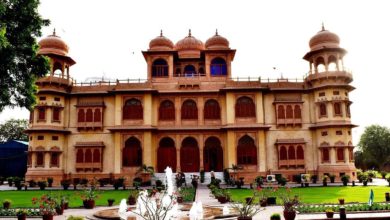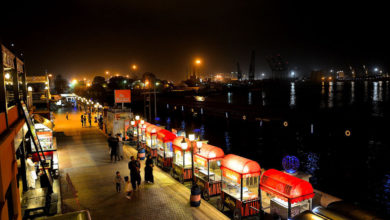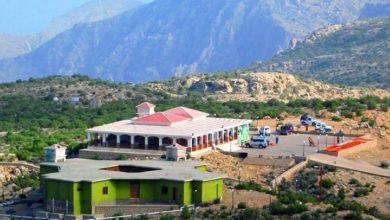The mysterious Ranikot Fort
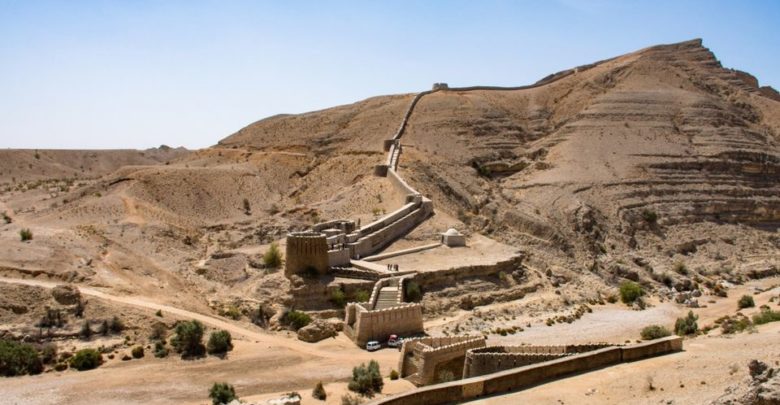
The world is full of wonders. Anyone who sees them is amazed. These wonders keep their creators alive forever. One such marvel in Pakistan is the Ranikot Fort. The amazing wonder standing generously in the middle of nowhere. It is a wonderful historical place in Sindh and soon it will become the most popular place in Pakistan. Their serene locations, mysterious history, awe-inspiring structure make this fort a different place to visit.
The fort is also called “The Great Wall of Sindh” due to the resembles of the Great Wall of China. The impenetrable wall snaking up and down along several hills. It is visible up to five kilometers. It has been on the tentative list of UNESCO world heritage sites since 1993. It is the largest fort in Pakistan and also believed that it is one of the largest forts in the world.
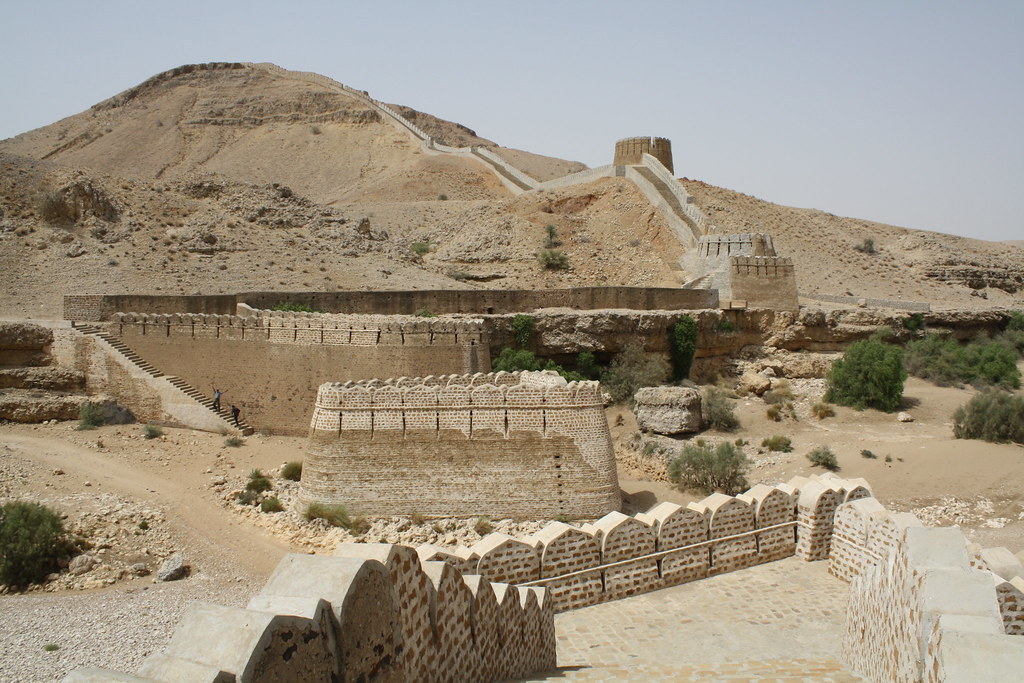
Location of Ranikot Fort
The Fort is located about 30 km southwest of Sann, in Jamshoro District, Sindh, Pakistan. This fort is easily accessible from Karachi it is approximately 261 kilometres from Karachi via Karachi-Hyderabad Motorway and Indus Highway.
Book 17 Days Tour to All Historic Sites in Pakistan
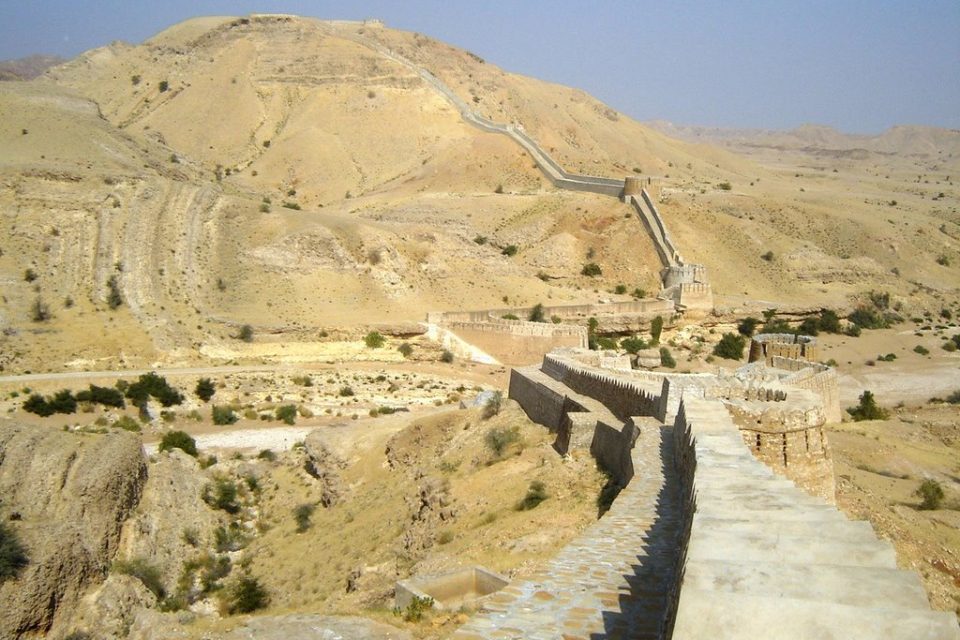
History of Ranikot Fort
This fort has bemused many over the years because nobody knows who built the fort, or for what purpose behind it was built and what were they defending in the middle of nowhere. People are still curious about what was the purpose to build this fort. Some historians say the Ranikot was built during the times of the Greeks or the time of the Sassanian Persians. Some even suggest it was built by the conquering Arabs or by a Persian Nobles under the Abbasid Imran Bin Musa Barmaki who was the Governor of Sindh in 836.
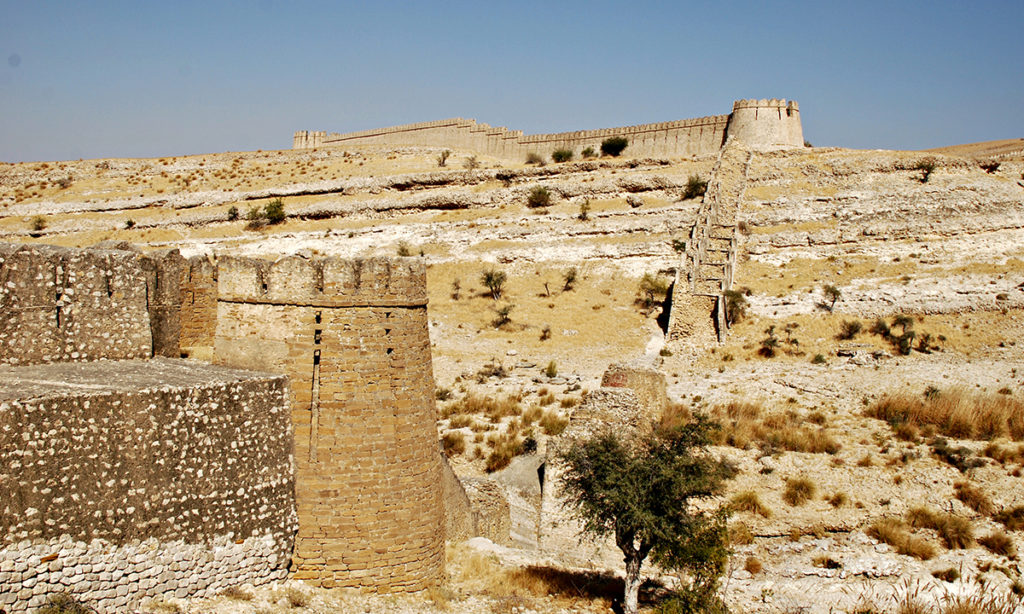
Archaeologists say to the time of its first construction is the 17th century. But Sindh archaeologists predict that some of the present structures were reconstructed by the Talpur dynasty in 1812. While some consider that the fort was built in the first quarter of the 19th century. Researchers say that the Ranikot fort was built for defence and residence. The rulers of different times lived here. Although the history of Ranikot fort is a mystery.
Book Kirthar National Park & Ranikot Fort Tour
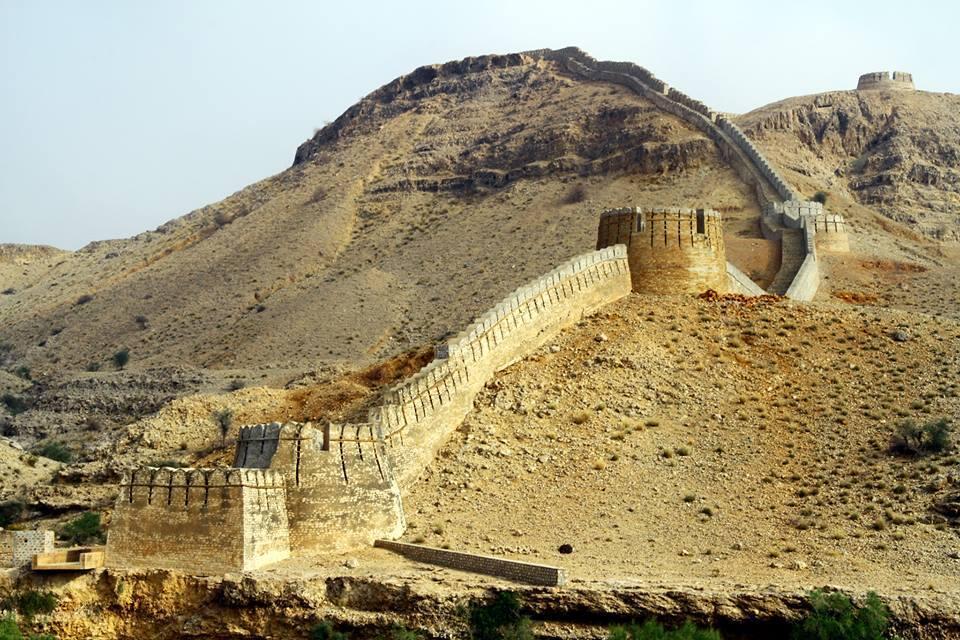
Features of Ranikot Fort
Ranikot fort was built on the mountains of the Khirthar Ranges of Sindh. The fort is built in a zigzag formation and its walls are 6 meters high. The fortification wall built with solid stone has semi-circular bastions at intervals. The northern side of the fort’s perimeter is a natural high hilly foundation while on the other three sides it is covered by fort walls. The fortification wall of the massive fort of is 35 km in length and the total area occupied by the fort is more than 65 square kilometers.
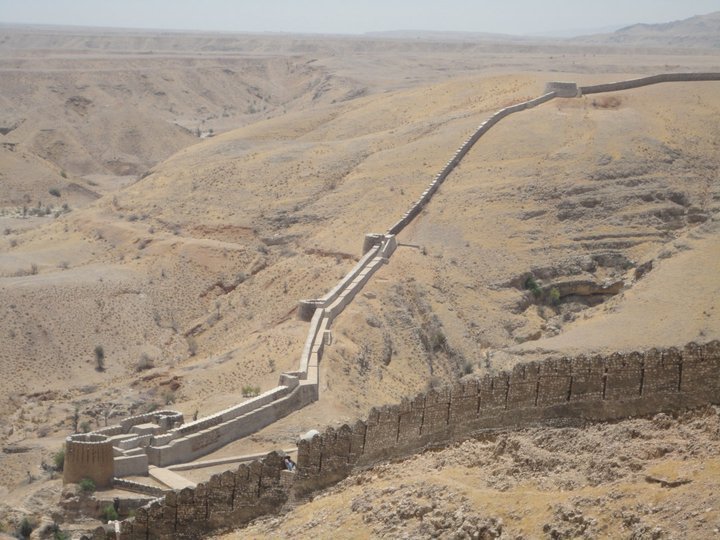
The Fort contains three relatively smaller forts, namely Meeri Kot, Shergah, and Mohan Kot. Three graveyards exist inside the fort, with one over 400 graves. The fort has four entrance gates, named as Sann Gate, Amri Gate, Shahper Gate, and Mohan Gate. But the Sann Gate is mainly used to enter Ranikot. Climb up on both sides for a stunning view of the landscape. Inside the fort, you will find hills, streams, bastions, ponds, fossils, fortresses, ammunition depots, watchtowers, and a mosque, which was built later.
The dimensions of the fort are truly impressive. The whole architecture of the fort is restricted to stone and lime. Each part of the fort has its distinct personality. The weather of Ranikot Fort remains dry for most of the year. It is the ideal place for adventure, hiking, camping, and photography. Over the past few years, many locals and foreigners visit this historical complex. If you are visiting Pakistan then must visit This historic fort that is also the world,s largest fort in terms of area covered.
Click to read about Historic Derawar Fort Punjab Pakistan
